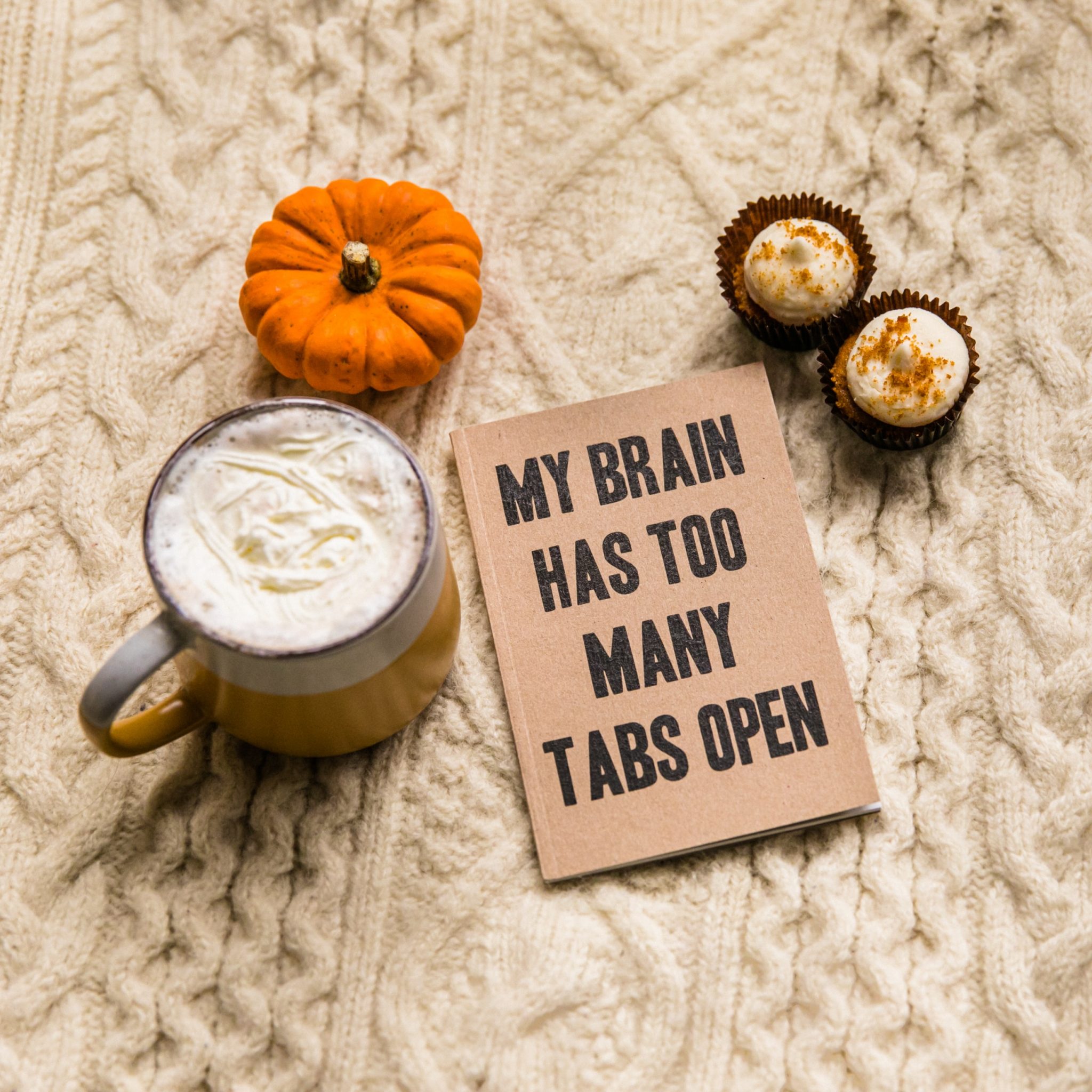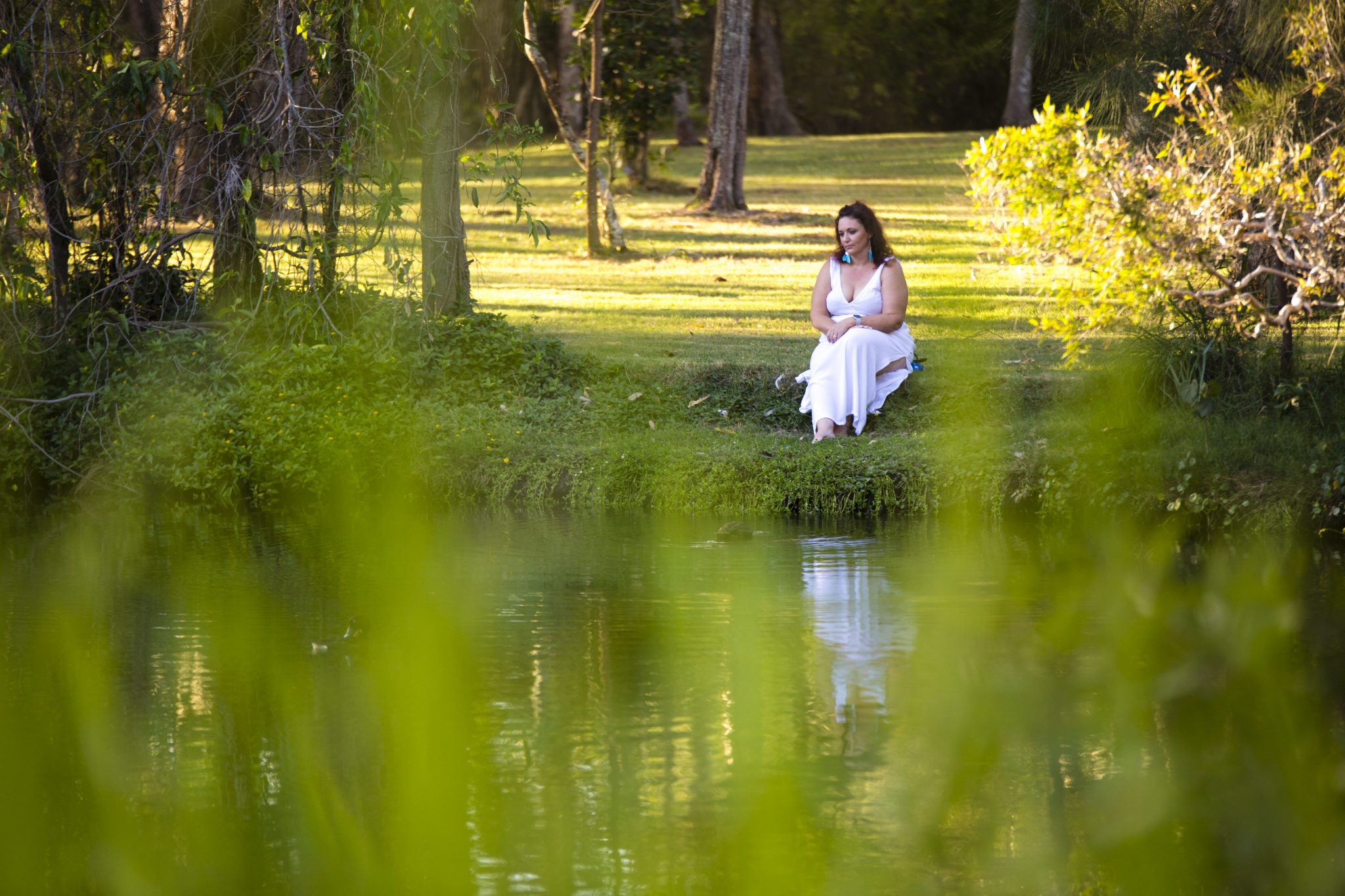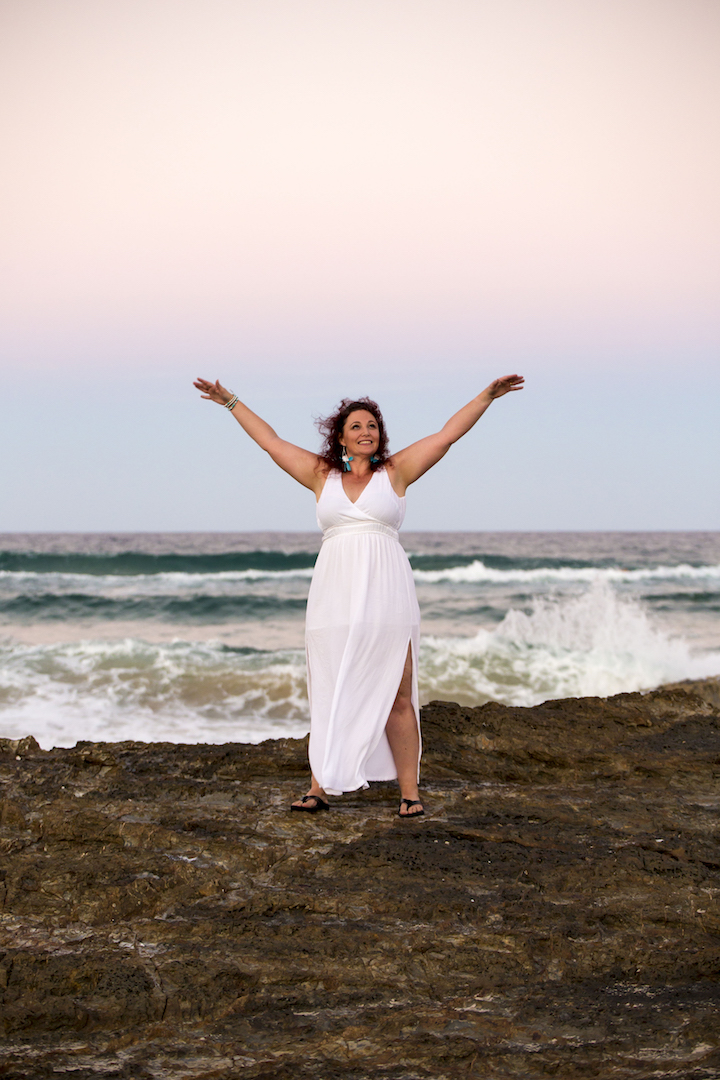This article was originally published at Sixty and me
Some women experience moodiness, anxiety and depression with the onset and different stages of menopause. This emotional upheaval can cause frustration and stress. It can last up to 5 years post-menopause. There are valid reasons for these emotional issues. And there are self-care strategies to help you through them.
Why do I experience anxiety, feel depressed or moody at menopause?
Hormonal changes are one part of the picture. Spikes and troughs in specific hormones seem like an emotional rollercoaster ride. Physical changes and fluctuating weight are also part of menopause. Other factors also influence mood at this transitional time of life.
Other factors to consider;
- Medical health.
- A lack of knowledge about a healthy lifestyle, exercise and self-care.
- The type of menopause you’re experiencing, early, late or surgically induced.
- Lifestyle factors such as smoking, alcohol consumption and drugs.
- How you view your body and the changes happening to you.
- The stage of life you are in, age of children and your career
- What you perceive as achievements or lack of achievements in your life.
- Past trauma, including childhood.
- Poverty, lack of social support and low self-esteem
Many women believe menopause is a personal issue and suffer through it alone. Research suggests women with negative views of menopause may experience more severe symptoms.
How can you best support yourself through this time of life?
Medical exam
A full medical examination and guidance from your doctor is a good start.
Nutrition
A healthy diet can help with menopause symptoms, like fatigue and moodiness. Choose a wide variety of different foods, including colorful fruits and vegetables. Foods high in phytoestrogens may reduce the severity of hot flushes and night sweats. They act as a form of oestrogen, slowing oestrogen decline. Phytoestrogens are found in some cereals, herbs, vegetables and legumes.
Exercise
The benefits of exercise are well documented for physical, and more recently, mental health. A daily walk can lower feelings of anxiety, depression and stress. This is due to the release of feel-good hormones. Exercise helps balance hormonal fluctuations such as those experienced at menopausal transition.
Download your free “Workout Guide for a strong body here.”
https://meeactive.lpages.co/strong-body
Social Network & Family.
Confiding in close friends about your menopause experience can lessen anxiety and stress. They may also be going through menopause and want to share their concerns and issues. Discuss your situation with a supportive life-partner. This provides greater understanding of why you feel the way you do.
Taking time out
Taking a break from responsibilities creates space for personal relaxation and inner reflection.
Journaling
Write about your thoughts, feelings and experiences. Many women find journaling clears mind-clutter and adds fresh insight. Gratitude journals are also valuable.
Download your free guide to journaling here to get started: https://meeactive.lpages.co/guide-to-journaling
Finding Joy
“The simplest things in life bring so much pleasure.” What are some of the things in life that bring you the most joy? Is it your pet’s little quirks, your grandchildren laughing, a walk in the park or a family get-together? These moments of pleasure enhance feelings of wellbeing.
In conclusion
There is much still unknown about the symptoms of menopause. There are also varying factors, as we are all unique individuals. Science is starting to make promising inroads in the area of women’s health, to the benefit of everyone.
Looking after your own health first is not something that comes easy to women. Some find it difficult to talk about their issues. The more we discuss, and shed light on these very important topics, the more we can learn and support each other.
References
Disclaimer: This article is not intended to provide medical advice. Please consult with your doctor to get specific medical advice for your situation.
About the Author
Rachelle is a movement and women’s health coach who helps women transition through midlife and beyond. She can be found at https://www.meeactive.com.au




